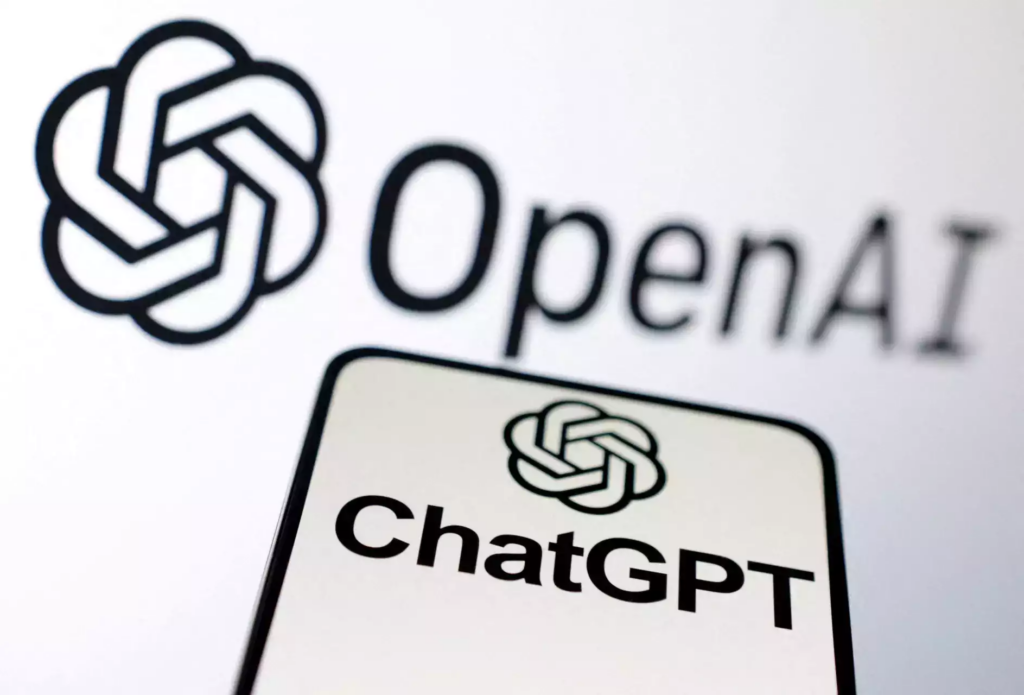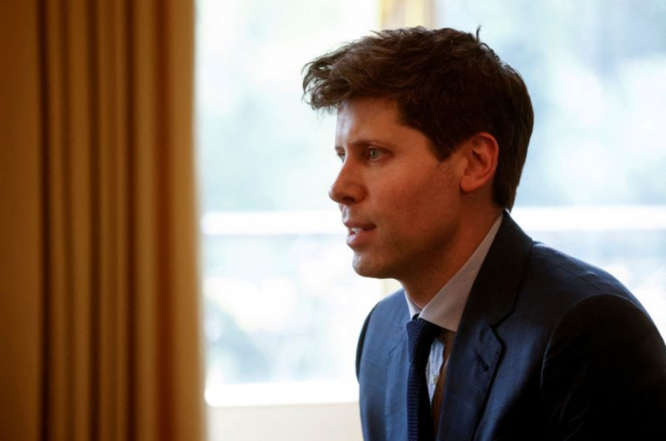OpenAI CEO Sam Altman predicted on Monday that Israel will play a “huge role” in mitigating risks posed by artificial intelligence, even as the country debates whether or not to regulate the ChatGPT technology.
He is one of the most prominent voices in the tech industry urging governments to quickly develop regulations to ensure AI is used responsibly.
Altman intends to travel to Jordan, Qatar, the United Arab Emirates, India, and South Korea this week, following a month-long tour of Europe where he met with legislators and national leaders to discuss the prospects and threats of AI.
He is presently in Israel, which a study by Stanford University rates among the top five nations for machine learning systems and AI talent concentration.
The head of OpenAI thinks Israel can play a “huge” role in mitigating the dangers posed by AI.
During a meeting with Israeli President Isaac Herzog, Altman remarked, “I have been very heartened by the thoughtfulness, the focus, and the urgency with which we are attempting to determine how to mitigate these enormous risks.”

I am confident that Israel will play a significant role in the utilization of technology and its positive benefits.
Since Microsoft (MSFT.O)-backed OpenAI launched ChatGPT last year, the rapid growth and popularity of generative AI have prompted global legislators to draft legislation to address safety concerns associated with the technology.
The European Union is making great strides with its proposed AI Act, which is anticipated to become law later this year, whereas the United States is gravitating toward adapting existing laws to AI rather than enacting entirely new legislation.
Additionally, the United Kingdom wishes to avoid legislation that could stifle innovation.
Ziv Katzir, director of national AI planning at the Israel Innovation Authority, told Reuters that Israel is on the U.S. end of the spectrum, along with Canada and the United Kingdom.
It has been working on this issue for roughly eighteen months in an effort to strike a balance between innovation and the protection of human rights and civic safeguards.
In October, Israel published a 115-page AI policy proposal and is currently collecting public feedback prior to making a final decision.



